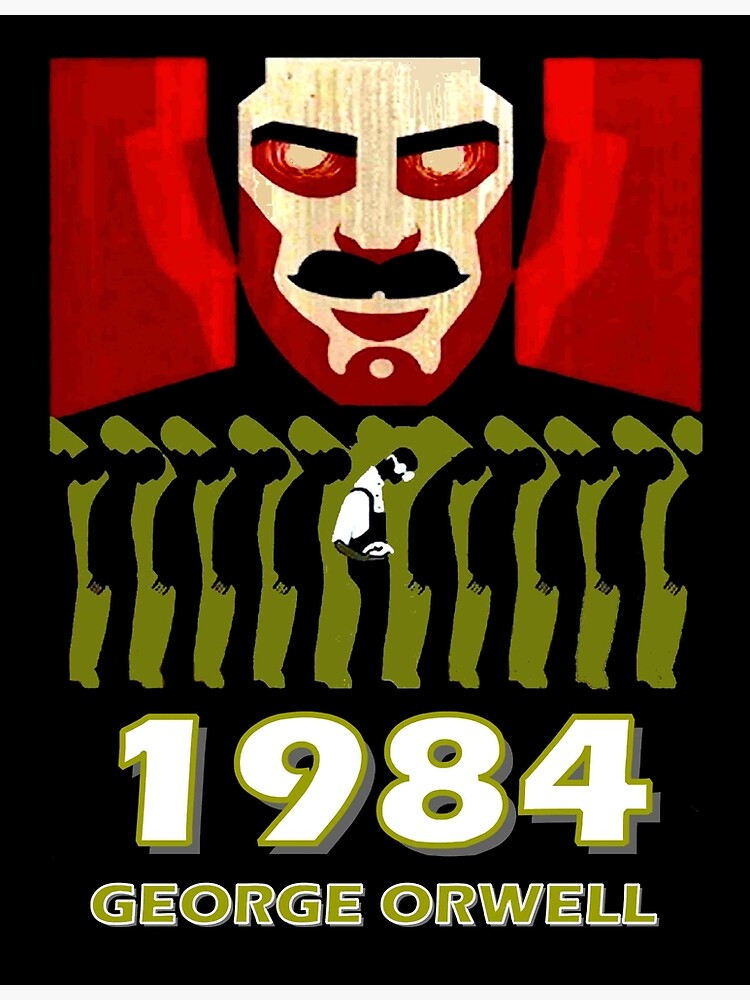In the annals of literature, few dystopian novels have wielded as much influence and foresight as George Orwell’s “1984.” Published in 1949, Orwell’s chilling portrayal of a totalitarian society under constant surveillance remains eerily prescient in today’s age of mass surveillance, political manipulation, and eroding privacy rights. As we navigate the complexities of modern society, Orwell’s cautionary tale serves as a stark reminder of the dangers of unchecked authority and the fragility of freedom.

George Orwell, born Eric Arthur Blair on June 25, 1903, in Motihari, India, was a British novelist, essayist, and critic renowned for his keen observations of political and social injustice. Drawing from his own experiences as a colonial policeman in Burma and his disillusionment with totalitarian regimes during the Spanish Civil War, Orwell crafted “1984” as a chilling depiction of the potential consequences of unchecked government power. Despite his untimely death in 1950, Orwell’s legacy endures through his timeless works, which continue to resonate with readers across generations.
“1984” transports readers to the dystopian world of Oceania, where the ruling Party, led by the enigmatic Big Brother, maintains control through surveillance, propaganda, and thought manipulation. Through the eyes of the protagonist, Winston Smith, we witness the insidious ways in which the Party suppresses dissent and rewrites history to maintain its grip on power. Orwell’s masterful prose and vivid imagery create a harrowing portrait of a society stripped of individuality, truth, and humanity.
Despite being written over seven decades ago, “1984” remains astonishingly relevant in today’s world. From the pervasiveness of government surveillance to the manipulation of truth by those in power, Orwell’s warnings about the dangers of authoritarianism and the erosion of civil liberties ring truer than ever. As technology continues to advance and governments expand their reach into every aspect of our lives, the dystopian nightmare depicted in “1984” serves as a sobering reminder of the importance of vigilance and resistance in the face of tyranny.
In an era marked by political polarization, misinformation, and the erosion of democratic norms, Orwell’s “1984” stands as a timeless beacon of warning and hope. As we confront the challenges of the 21st century, let us heed Orwell’s admonition to remain vigilant guardians of our freedoms and to resist the forces that seek to subjugate and control. In the words of Orwell himself, “Freedom is the freedom to say that two plus two make four. If that is granted, all else follows.”



